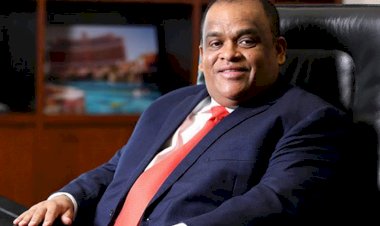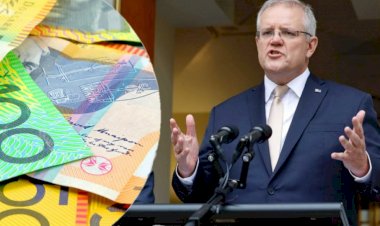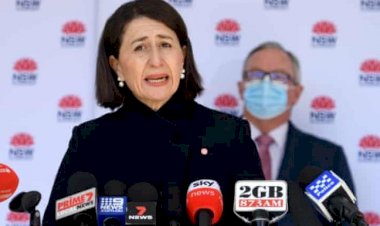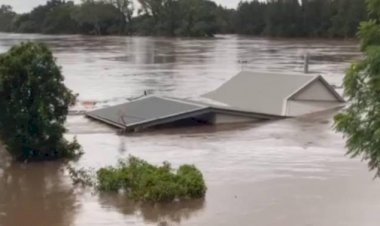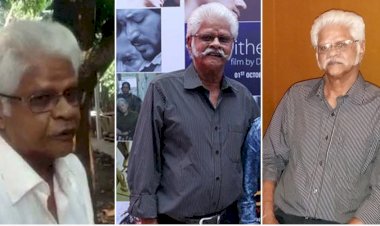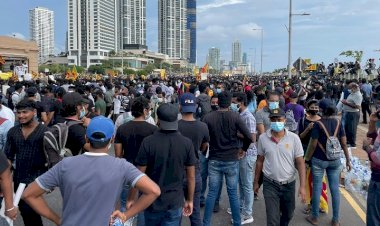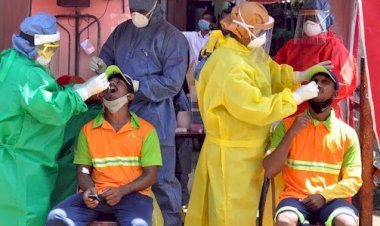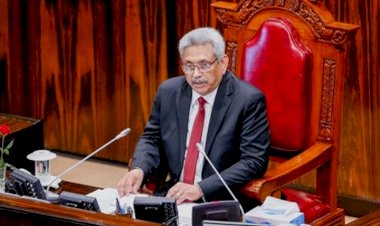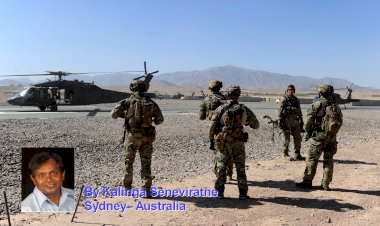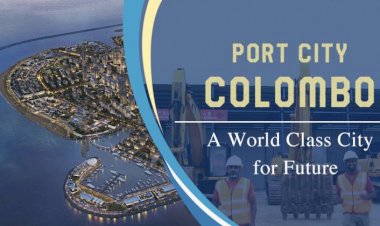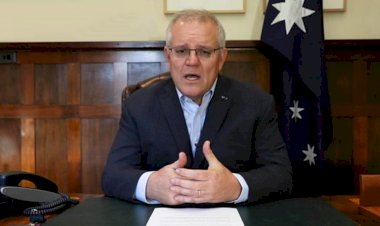No fuel for private vehicles in Sri Lanka until July 10
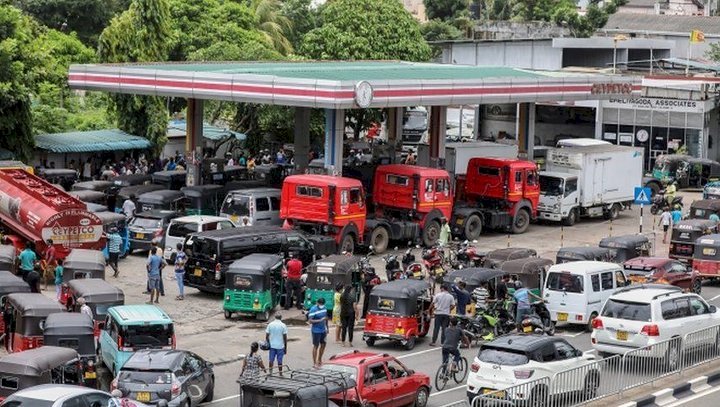
Sri Lanka has run out of fuel and only essential services will operate starting midnight on Monday. The list of essential services will include health, law and order, ports, airport, food distribution and agriculture. All non-essential services have been suspended till July 10, and the existing fuel reserves have been reserved for the essential services.
The government announced on Monday night (27) that it would also close schools in urban areas for two weeks and would only allow fuel supplies for essential purposes such as medical services, trains and some buses, and vehicles that transport food.
The nation of 22mn is going through its worst debt and economic crisis in decades as a foreign exchange shortage has left the government unable to pay off its loans and import basics including food and medicine.
Mass protests have put president Gotabaya Rajapaksa under pressure to resign. Clashes broke out in Colombo, the capital, and elsewhere in the country last month between supporters and opponents of the government protesters, leaving nine dead and around 300 people injured.
The country defaulted on its overseas loans in May after missing interest payments on two $1.25bn sovereign bonds, the first country in Asia-Pacific to do so in more than two decades.
The minister also said that the government is planning to request all public and private sector institutions to apply for work from home facilities till July 10 because of the ongoing fuel crisis.
Both public and private sectors should apply this strategy as fuel will be supplied to only to essential services, such as health sector, transportation of food and agricultural sector and hospitals, Minister Gunawawardene said.
Also, it was announced that zonal education authorities have been given the right to decide on functioning of schools.
“Sri Lanka has never faced such a severe economic crisis in its history,” Gunawardana said.
Sri Lanka has been reeling under its biggest economic crisis since its Independence in 1948 and has been unable to finance the import of food, medicines or fuel since late last year.




 mode1
mode1 






